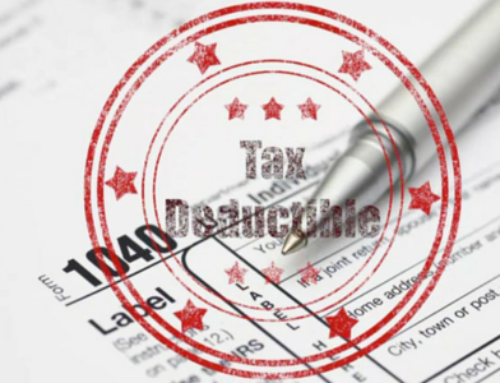If you’re just starting a business in the Willow Grove area, there are some important accounting decisions you need to make, initial steps to take, and financial systems you need to implement. Speak to an accountant who is an expert in small business before you begin. He or she can help you set up your accounting and bookkeeping in a way that is best for you and for your particular business.
Before you start
First, determine if you will be a sole proprietor, partnership, S corp, or C corp. There are important tax differences, so talk to an accountant to determine which would be best for your situation and to help you initiate the appropriate paperwork.
Next, separate your business and personal expenses. Open separate checking and savings accounts for your company and get a separate business credit card.
Set up a bookkeeping system. In the beginning, you may choose to do it by hand or use a bookkeeping program, but you may also hire a service or a part-time bookkeeper. Decide if the cash system (recording transactions when they occur) or the accrual system (recording transactions when they are accrued or invoiced) is better for you.
Estimate your tax liability and arrange for quarterly payments if needed. It may be tricky to estimate your taxes the first year so, again, consult with an accountant. You may be hit with significant fees if you do not send in quarterly payments.
Set up easy payment systems. With the constant improvements in online payment methods, easy payment systems can help improve the speed at which you receive payment for your services. Decide if you will take cash, credit card, PayPal or other digital payment methods, and set up the systems you need.
Categorize your expenses. Many expenses are tax deductible, but must be very carefully supported by documentation or receipts. They include meals and entertainment, out-of-town business travel, vehicle expenses, and office expenses.
If you will be selling actual products, you must be prepared to charge sales tax. This can be complicated if selling across state lines. Your accountant can explain to you what you need to know and explain how to set up your necessary accounting systems.
Throughout the year
Keep your receipts and set aside time at least monthly but preferably weekly to do the bookkeeping. This is a critical step, and if you don’t have time, contract or hire someone. Keep digital copies of all receipts – especially because now many receipts use ink that disappears over time.
It’s extremely important to separate business and personal expenses. Those who work from home are able to deduct a portion of home expenses only if a portion of the home is dedicated for office use only. Business travel mingled with personal activities must be carefully separated.
Keep on top of your invoices. Invoice promptly upon completion of the work and send a reminder shortly before the invoice is due. Have terms clearly defined on the invoice and consider an incentive for early payment.
Always save a certain percentage of your revenues each month. When you have a good month, put extra money aside so you have something to draw from to pay bills during slow months. As your savings accumulate, you should be able to pay for major expenses, like new equipment.
End of year
Have an accountant who is an expert in small business and preferably your industry handle your taxes and help you plan for the future with financial projections. Many small businesses skip this step, which limits their growth. You’re an expert in your field, not necessarily tax law. There are many rules, but there are also many opportunities. An accountant can help you with year-end taxes and can also partner with you to create a plan for your future growth and success.
Contact us at Koelle. We’ve been helping individuals and small businesses for 30 years in Willow Grove, Abington, Fort Washington, Huntingdon Valley, and neighboring regions.





